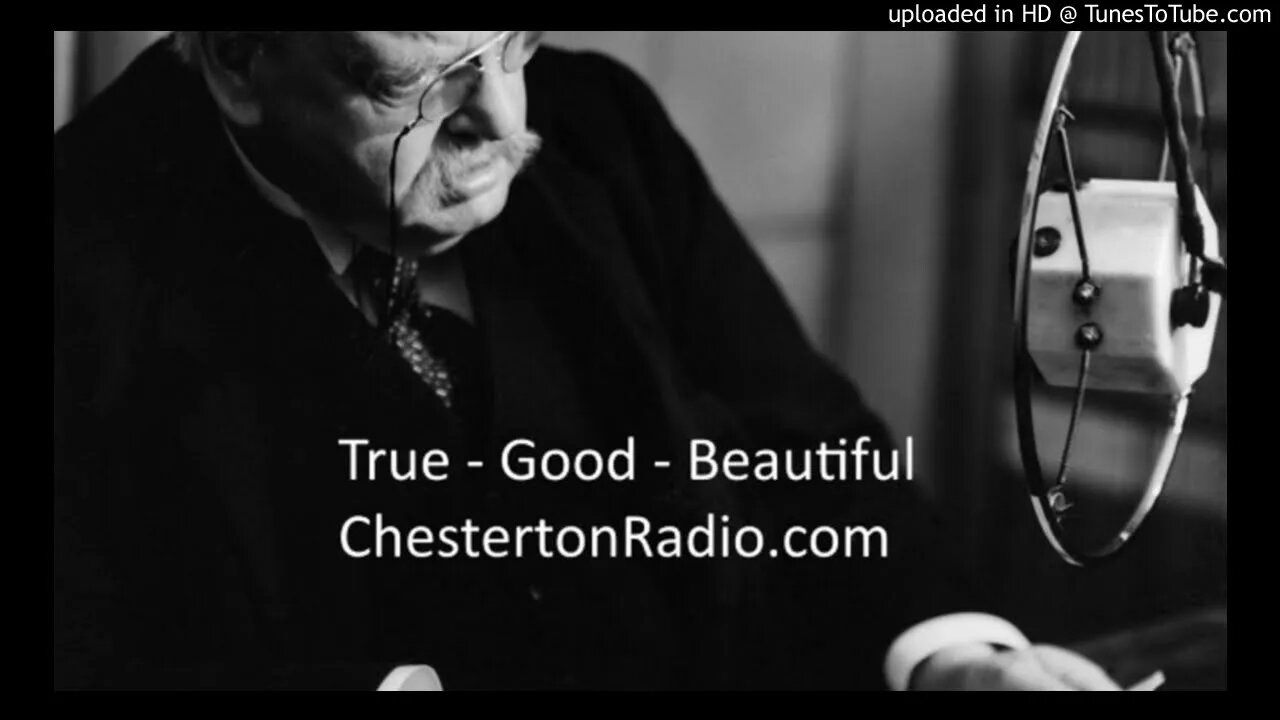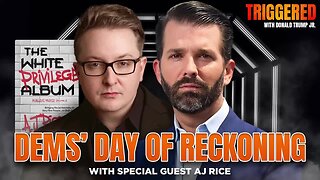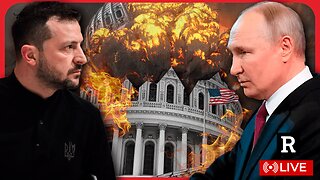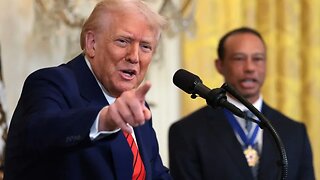Premium Only Content

The Higher Criticism & Mr. Hibbs - The Flying Inn - G.K. Chesterton - Ch.9
The Flying Inn is a novel first published in 1914 by G.K. Chesterton. It is set in a future England where a bizarre form of "Progressive" Islam has triumphed and largely dominates the political and social life of the country. Because of this, alcohol sales are effectively prohibited. The plot centers around the adventures of Humphrey Pump and Captain Patrick Dalroy, who roam the country in their cart with a barrel of rum in an attempt to evade Prohibition, exploiting loopholes in the law to temporarily prevent the police taking action against them.
Gilbert Keith Chesterton was an English writer. philosopher, lay theologian, and literary and art critic. He has been referred to as the "prince of paradox". Time magazine observed of his writing style: "Whenever possible Chesterton made his points with popular sayings, proverbs, allegories—first carefully turning them inside out."
Chesterton created the fictional priest-detective Father Brown, and wrote on apologetics. Even some of those who disagree with him have recognised the wide appeal of such works as Orthodoxy and The Everlasting Man. Chesterton routinely referred to himself as an "orthodox" Christian, and came to identify this position more and more with Catholicism, eventually converting to Catholicism from High Church Anglicanism. Biographers have identified him as a successor to such Victorian authors as Matthew Arnold, Thomas Carlyle, Cardinal John Henry Newman, and John Ruskin. On his contributions, T.S. Eliot wrote,
"He was importantly and consistently on the side of the angels. Behind the Johnsonian fancy-dress, so reassuring to the British public, he concealed the most serious and revolutionary designs—concealing them by exposure ... Chesterton's social and economic ideas...were fundamentally Christian and Catholic. He did more, I think, than any man of his time—and was able to do more than anyone else, because of his particular background, development and abilities as a public performer—to maintain the existence of the important minority in the modern world. He leaves behind a permanent claim upon our loyalty, to see that the work that he did in his time is continued in ours."
-
 18:12:15
18:12:15
Chesterton Radio
1 year ago $4.08 earnedChesterton Radio Live - Christmas Mystery-Drama-Adventure-Comedy - Chuck the TV & Discover a Whole New World!
17.1K2 -
 48:44
48:44
Man in America
11 hours agoA MASSIVE Global Financial Reset Is Coming—Are You Ready?
37.6K7 -
 1:15:42
1:15:42
Precision Rifle Network
1 day agoS4E5 Guns & Grub - The Best Rifle Under $2000
59.5K6 -
 1:02:54
1:02:54
Glenn Greenwald
1 day agoSouth Korean Economist Ha-Joon Chang on the Economic World Order, Trump's Tariffs, China & More | SYSTEM UPDATE #410
83.7K49 -
 1:02:27
1:02:27
Donald Trump Jr.
11 hours agoBye Mitch, plus Kash confirmed, Interview with AJ Rice | Triggered Ep.218
130K73 -
 1:12:27
1:12:27
The Amber May Show
13 hours ago $3.12 earnedWomen Of Rumble 02-20-25
36K7 -
 41:18
41:18
Kimberly Guilfoyle
11 hours agoToday, We Kash in on Equal Justice, Live with Ryan Walters & Daniel Turner | Ep.198
98.9K22 -
 1:36:50
1:36:50
Redacted News
10 hours agoThe TRUTH in Ukraine has been EXPOSED by Trump and they are melting down | Redacted w Clayton Morris
139K230 -
 2:05:35
2:05:35
The White House
12 hours agoPresident Trump Hosts a Reception Honoring Black History Month
87.8K45 -
 1:05:09
1:05:09
Josh Pate's College Football Show
12 hours ago $1.12 earnedCFP Expansion: Latest Intel | CFB’s Schedule Problem | Arch Manning Hype | ACC Program Rankings
32.3K5